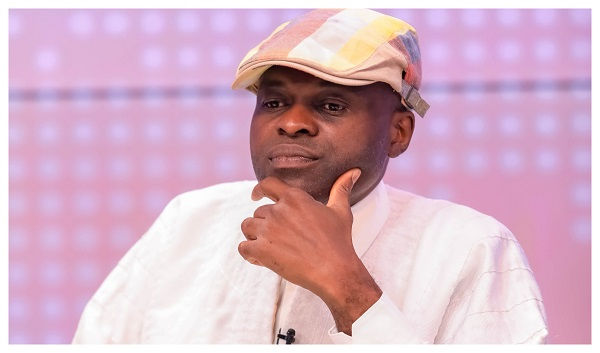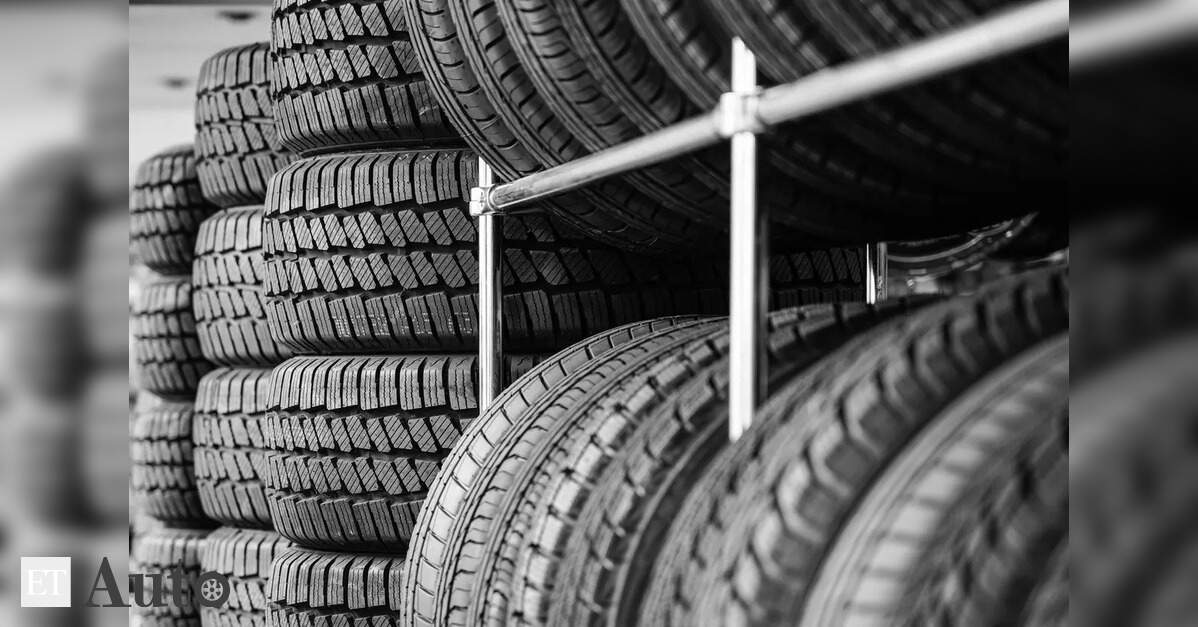India 'denies UN agency's request' to join probe into deadly Air India crash - NewsBreak
India has reportedly declined a proposal from the UN to include an international investigator in the probe into the 12 June Air India crash in Ahmedabad that killed more than 270 people.
Earlier this week, the UN aviation agency – the International Civil Aviation Organisation – requested observer status for one of its experts already in India, but the Indian authorities have now refused, Reuters reported, citing two internal sources.
The move comes amid criticism from safety experts over delays in analysing black box data and a lack of transparency in the investigation.
The ICAO secretary general, Juan Carlos Salazar Gomez, reportedly noted that given the scale of the accident and the involvement of foreign nationals, the presence of an external ICAO observer would help ensure adherence to international protocols and best practices. Such oversight, he reportedly added in the letter, would also strengthen the credibility of the investigation.
The devastating Air India crash occurred at around 2pm local time on 12 June, when a London-bound Air India Boeing 787 Dreamliner plunged into accommodation for medical students at Ahmedabad’s BJ Medical College just moments after take-off. It was the first crash of its kind involving a Boeing 787 anywhere in the world.
People familiar with the matter said that last week the secretary general of the Montreal-based ICAO wrote to India’s civil aviation secretary, Samir Kumar Sinha, expressing the organisation’s interest in joining the investigation.
ICAO has reportedly never before requested to join a probe unless the crash occurred in a conflict zone or involved a military shootdown. In past cases, such as the 2014 downing of a Malaysian jet and the 2020 Ukrainian airliner crash, the ICAO sent investigators only after being formally invited.

“This is not identical to the Ahmedabad crash, as in both these cases, the area was war-torn, hampering the accident investigation process, and it was a military action going rogue, killing civilians,” an Indian government official told The Economic Times.
In a factsheet on the ICAO website, it mentions that “ICAO officials only participate in accident investigations upon special request from the State responsible for conducting the investigation”.
The Independent has reached out to ICAO and the Aircraft Accident Investigation Bureau (AAIB), which is leading the inquiry into what is now the deadliest aviation disaster in a decade.

Indian authorities have successfully retrieved the first data from the two black boxes of the Air India flight that crashed near Ahmedabad airport earlier this month.
India’s civil aviation ministry said on Thursday that investigators are working to reconstruct the chain of events that led to the deadly crash, which claimed the lives of all but one of the 242 people on board, along with dozens on the ground.
The ministry said data extraction from the aircraft’s black boxes began on 24 June under the supervision of the Aircraft Accident Investigation Bureau (AAIB). The crash-protected memory unit from the front recorder has been successfully retrieved, accessed, and its data downloaded.
Analysis of both the cockpit voice recorder (CVR) and the flight data recorder (FDR) is currently underway, the ministry added.

An aviation expert, Amit Shah, told Times Now that ICAO should be involved in this investigation due to the scale, complexity, and international relevance of the crash. He said: “We have to note that this is not an ordinary accident. This is classified as a major accident.
“And in a major accident, there are a number of parties involved. So to facilitate the flow of information and to ensure transparency in the investigation, ICAO, in the past, has come in as an adviser: in the MH17 accident, you have the TWA 747 accident, and we had Air France 447, which went down in the Pacific.”
He added: “So in such kinds of accidents, where a major tragedy happens, and we have the State of Occurrence, which is India, the Registry is India, but the manufacturer is in the US, and there are other involved parties. So to handle all of these and ensure transparency, and to have a fair investigation, ICAO has to intervene. That is to set a global standard.”












